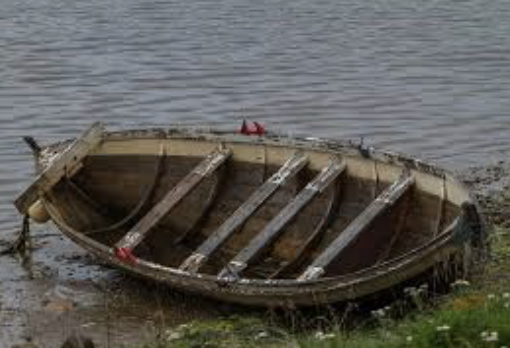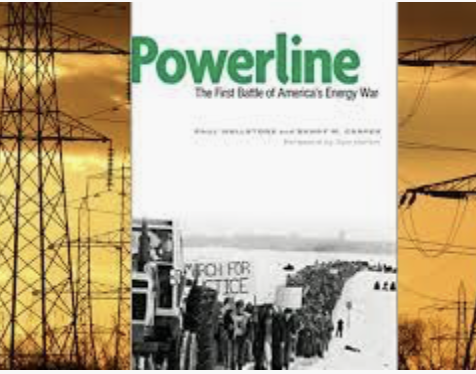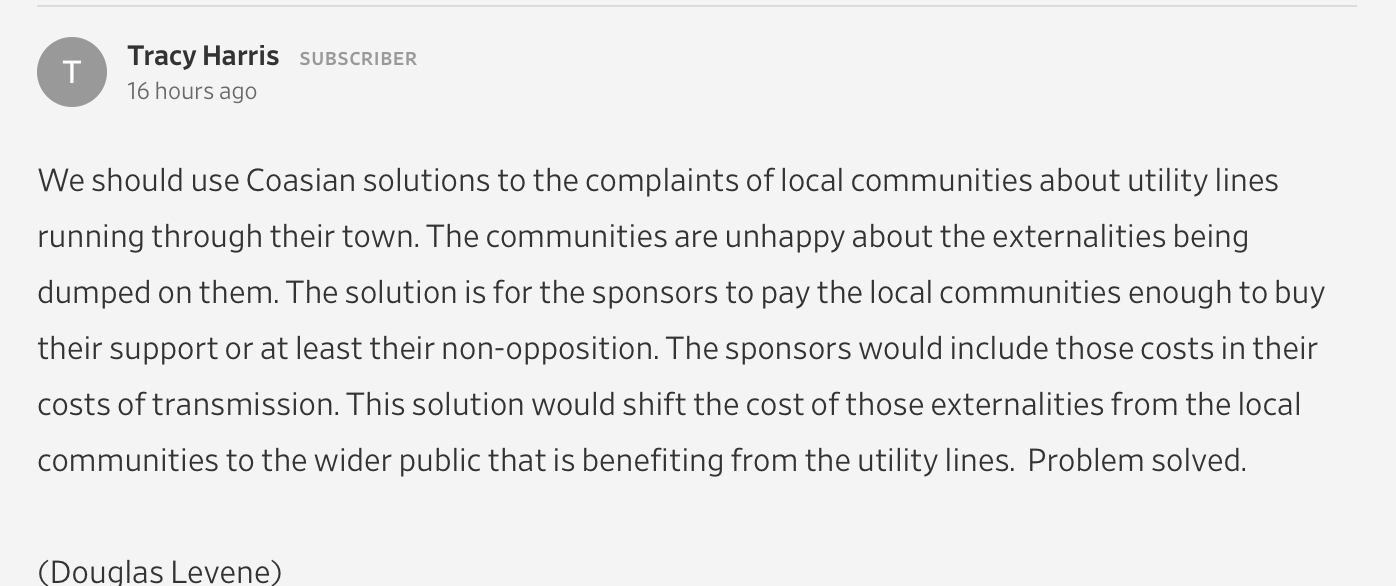A hearing was held on Rep. Haffner's HB 1876 on Wednesday. Affected landowners once again showed up to protect their interests. It takes a lot for busy farmers to take an entire day out of their work to travel to the state capitol. It's not like they're paid lobbyists, company employees, or clueless environmental advocates spewing nonsense (more on that later!) that someone is paying to show up and make impossible claims about constitutionality, or benefits, or savings, or maybe that Grain Belt Express invented farming. I dunno. Landowners come because they are being affected by a private, for-profit company's eminent domain suits that seek to conscript their land for corporate profit.
Invenergy's corporate talking point for all the Grain Belt supporters seemed to be that the legislation is unconstitutional. The same nonsense they spewed last year. Did you know that the only body with jurisdiction to determine constitutionality is a court? Legislators don't have to be judges. They don't even have to be lawyers. Legislators make the laws supported and needed by the people who elect them. Legislators are there to carry water for out-of-state corporate interests with lots of money to throw around. Those corporations don't vote in Missouri, and campaign donations don't necessarily buy votes. Once legislatures make laws, courts may use their expertise to judge their constitutionality, if challenged. Only a judge can make that determination! Corporate lawyers, lobbyists, and know-nothing advocates are not in a position to judge the constitutionality of proposed legislation. Their opinion on the constitutionality of legislation that their employer doesn't like doesn't mean a thing. You might as well quiz a kindergartner about rocket science. GBE's claims of unconstitutionality are overblown and worthless.
But what about Invenergy's Illinois legislation? Was that constitutional? Does the Illinois legislature have the authority to grant eminent domain to a particular merchant transmission project? Does it have the authority to tell the Illinois Commerce Commission what evidence it shall take? Does it have the authority to tell the ICC what it shall find in any case before the application is even filed? The ICC is supposed to be an independent body. Once Commissioners are appointed, they are supposed to have the liberty to make decisions unhinged from politics and corporate influence. I don't think the legislature can tell the ICC what they must find, and how they may take evidence to satisfy other statutory criteria. This legislation is the epitome of unconstitutional and most likely will be challenged in court. Only a judge could decide whether or not it is.
But here's the thing... Invenergy lobbied FOR this legislation (which only benefits Invenergy) even though it is likely unconstitutional. Invenergy didn't have any concerns about constitutionality when the unconstitutionality benefited its bottom line. Therefore, Invenergy's bluster about the constitutionality of proposed legislation in Missouri should be completely ignored. Invenergy doesn't care about the Constitution. It cares about its own profits. That was made clear as a bell in Illinois last year.
GBE attorney Peggy Whipple also had a choice insult for Missourians to go along with her opening statement about constitutionality. She called landowners "recalcitrant."
recalcitrant |rəˈkalsətrənt|
adjective
having an obstinately uncooperative attitude toward authority or discipline: a class of recalcitrant fifteen-year-olds.
noun
a person with an obstinately uncooperative attitude.
HB 1876 is about reasonable bounds for merchant transmission eminent domain authority. It has nothing to do with "clean energy." Merchant transmission is an entirely different animal than transmission built by regulated public utilities and states must end treating it the same when it comes to eminent domain.
See more about the difference between merchant and publicly needed transmission, and why states need to make new eminent domain laws to reflect the difference between these two distinctly different types of electric transmission in order to protect the citizens.
That's a lot more relevant education on this topic than any that Invenergy's paid sycophants dramatized at Wednesday's public hearing.
One last thought on the hearing... some news coverage was wildly inaccurate. A group of radio stations misattributed a comment made by one of the "environmental" guys to Caldwell County Commissioner Jonathan Abbott. Commissioner Abbott did not say the legislation was unconstitutional, nor that it would stop progress. He actually brought out the deceit of Invenergy, said it was unlawful, and quoted Statute 570.410. Some of the radio stations that played this misattributed clip have corrected it, and some, as the link shows, have not.
We'll all be watching this legislation as it works its way through this year. Your support is crucial!




 RSS Feed
RSS Feed